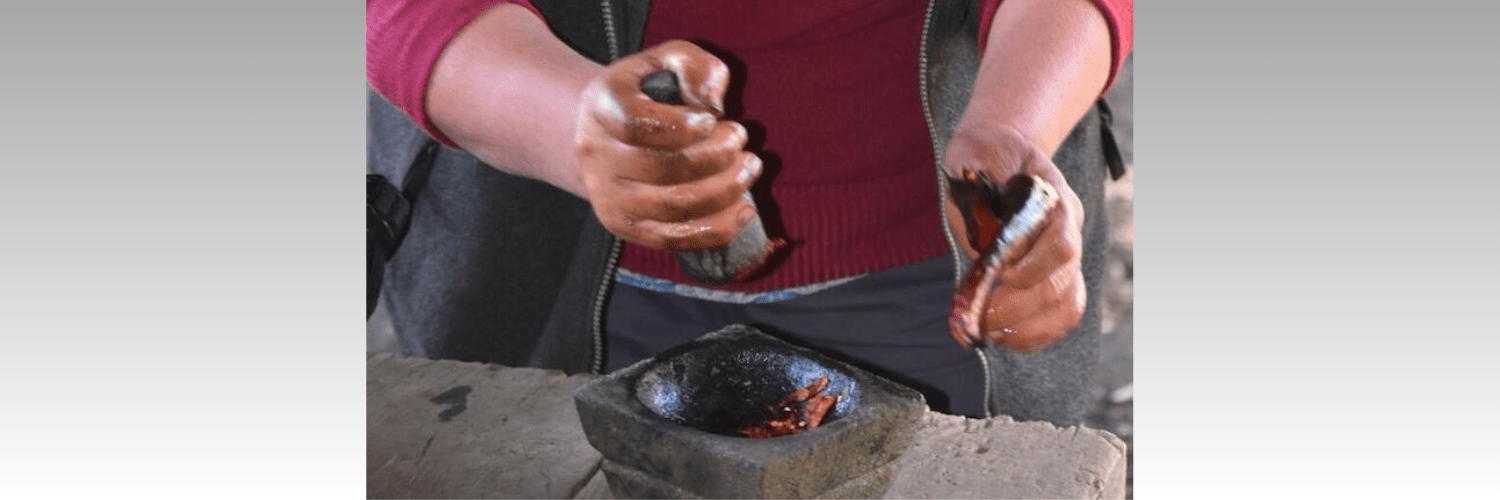Chile: Agrarian reform, rural women, seeds and memories

On 28 July 1967, Chile’s official gazette published laws n°16.640 on Agrarian Reform and n°16.625 on Peasant Unionisation. Thus began an act that would revolutionise the countryside. Unfortunately, it was short-lived: the coup d’état and the dictatorship put an end to these ideas, leaving the word silent and forbidden. It was a year that marked a transcendental milestone that we must remember. Thus, 57 years after 28 July, this process has grown in the collective memory, and much has been said about it. It has also been talked about how inconclusive it was.
For this reason, the significance of this historic event is being commemorated with greater force and by more voices. And despite the time that has passed, there are aspects of yesterday that are reflected in today’s world. If the concentration of land ownership was once part of the discussion, today we once again see a high concentration of land in the hands of a few. The same old story is repeated: the few have too much, the many have too little.
From 1967 to the present day, things have changed or have become more pronounced. To begin with, rurality is yielding to real estate pressure and the growth of industry. But there is not just one type of rurality. Forests and areas of conservation interest also give way to fires, agriculture and housing. Gender inequalities have also changed over time, but they are still present. In the times of agrarian reform, people spoke of the rural man, the tenant, the head of the household. Today, there are public programmes and representative organisations that focus on women. However, there are still gaps in terms of opportunities to achieve greater development and quality of life for women. Gaps in economic, productive, reproductive, social and even cultural conditions.
In this respect, the current neoliberal rural development model, consolidated during the dictatorship during the so-called agrarian counter-reform, has intensified new forms of dispossession, such as affecting the identity and diversity of the peasant world. Attempts have been made to homogenise agriculture, to generate large mono-productive estates (a single production) and to promote their exportation. If before there was the tenant, today it is the seasonal worker: a migrant worker who is losing her territorial belonging.
But if large monocultures have not stopped spreading, it is because there are peasant women who care for and protect native seeds. This has implications for families and communities, in rural and urban areas. This care is part of Food Sovereignty. It is the promotion of diversity, both biological and cultural. Of that richness that Chile is so often said to have.
Las semillas que cuidan (Seeds that care) is also an act of rescuing memory. Both collective and historical memory, because this heritage is projected over time. The way in which seeds are produced or acquired is part of the discussion on the development model to be promoted. It is therefore important to have a gender perspective, because it is mainly women who take care of the seeds.
If the land is diverse, peasant and indigenous family farming will also be diverse. If the land is diverse, so will be the seeds and memories that are built on it. It is this diversity that sustains Food Sovereignty, so that territories, communities, peoples and countries can define the food system they want to realise.
When the discussion of agrarian reform began in Chile, back in the 1930s, land began to be considered not only as having a productive role, but also a social role. Thus, tenants who had nothing began to be part of the concern about property. If private property was considered a natural right, how was it possible that there were people without any property at all? Nowadays, the environmental aspect is incorporated. Today it is more important to talk about healthy, sovereign and diverse food. When we talk about the triple climate crisis, one of them is the loss of biodiversity. It is precisely peasants who protect and promote biodiversity, as stated in the Declaration on the Rights of Peasants and Other People Working in Rural Areas (adopted at the United Nations in 2018).
Memory is cultivated, as are native seeds. Women play a crucial role in this. 57 years after the Agrarian Reform and Peasant Unionisation Law, we want to state that any development, reform or law that is proposed must come hand in hand with the women of the countryside.
By Viviana Catrileo Epul and Iván Cano Silva*
*Viviana Catrileo Epul, National Director of the National Association of Rural and Indigenous Women (ANAMURI); Advisor to the Chair of Peasant Agriculture and Food and Iván Cano Silva, Executive Coordinator of the Chair of Peasant Agriculture and Food; Professor FAVET.
This post is also available in Español.
